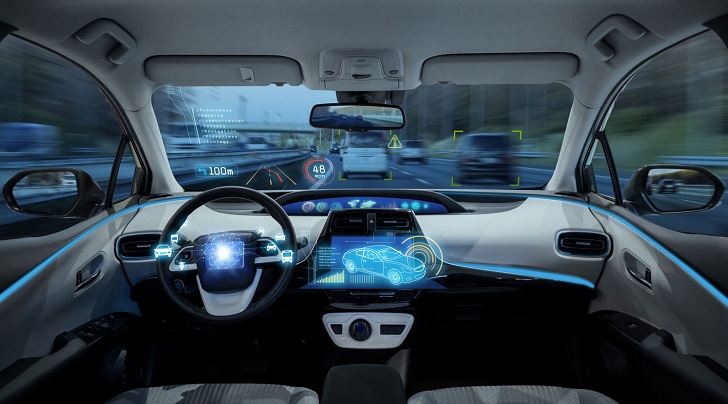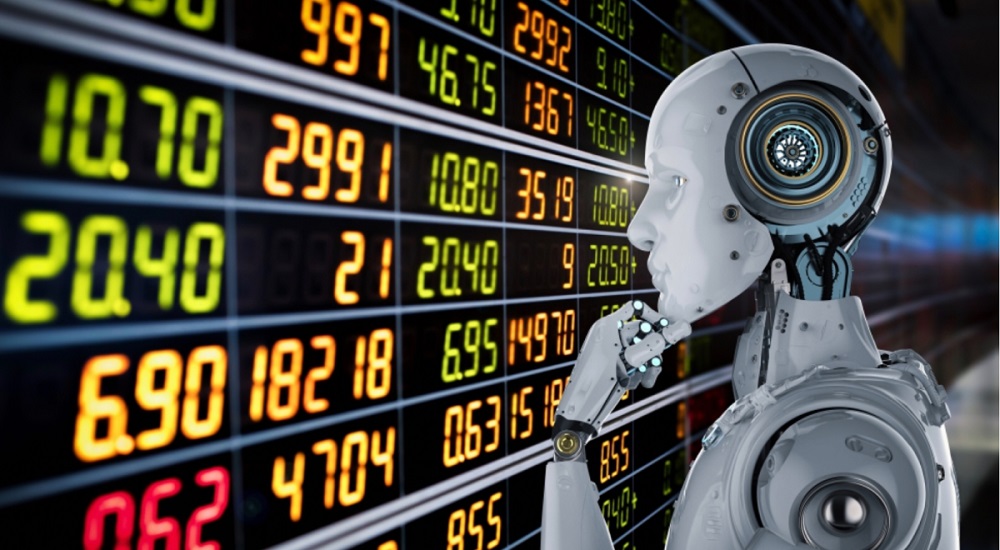The convergence of artificial intelligence (AI) and supercomputing has opened up various possibilities and applications across various industries. The combination of AI algorithms and the immense computational power of supercomputers has led to significant advancements in AI research, development, and deployment. Let's explore some of the applications of AI supercomputing and their impact on different sectors.
Scientific Research
AI supercomputing is crucial in scientific research, enabling scientists to process vast amounts of data, run complex simulations, and accelerate discoveries. Supercomputers with AI capabilities can analyze large datasets from genomics, astrophysics, climate modeling, and drug discovery.
These powerful machines can simulate and model intricate systems, helping scientists gain insights into complex phenomena and driving breakthroughs in various scientific disciplines.

Erik Solum/ Getty Images | Supercomputers are the driving force behind cutting-edge technologies such as autonomous vehicles
Healthcare and Medicine
AI supercomputing has the potential to revolutionize healthcare and medicine. With the ability to analyze vast amounts of patient data and medical records, AI algorithms can assist in diagnosing diseases, identifying treatment options, and predicting patient outcomes.
Supercomputers enable the training of deep learning models on massive datasets, leading to more accurate and personalized medical predictions. AI supercomputing also facilitates drug discovery by simulating molecular interactions and identifying potential drug candidates.
Autonomous Vehicles
The development of self-driving cars heavily relies on AI supercomputing. Autonomous vehicles require advanced perception systems to process real-time sensor data and make split-second decisions.
Supercomputers with AI capabilities enable the training and optimization of complex deep learning algorithms used for object detection, path planning, and decision-making in autonomous driving systems. The immense computational power of supercomputers ensures that these algorithms can handle the demanding requirements of real-world scenarios.

Mary McMillan/ iStock | Supercomputers are powerful computers that have a specific use in scientific and engineering fields
Financial Services
The financial industry benefits greatly from AI supercomputing, enabling enhanced risk analysis, fraud detection, and algorithmic trading. Supercomputers can process massive financial datasets, identify patterns, and make predictions to support investment decisions.
AI algorithms powered by supercomputers can analyze market trends, optimize trading strategies, and mitigate risks. Additionally, supercomputing enables real-time fraud detection by analyzing large volumes of financial transactions and identifying suspicious patterns.
Natural Language Processing and Translation
AI supercomputing has significantly advanced natural language processing (NLP) and machine translation capabilities. Supercomputers can process and analyze vast amounts of textual data, enabling language models to understand, generate, and translate text more accurately and efficiently. These language models power applications such as virtual assistants, chatbots, and language translation services, improving human-computer interaction and breaking language barriers.

Getty/ iStock/ The Conversation | The computational power of supercomputers in finance allows for complex modeling and simulations
Climate Modeling
Supercomputing plays a crucial role in climate modeling and prediction. AI algorithms running on supercomputers can analyze climate data from various sources, simulate complex weather patterns, and predict climate changes.
This information is vital for understanding the impacts of climate change, developing mitigation strategies, and making informed policy decisions. The computational power of supercomputers allows for higher-resolution models and more accurate climate predictions.
Energy Optimization
AI supercomputing contributes to optimizing energy production, distribution, and consumption. Supercomputers can analyze energy systems, optimize power grids, and predict energy demands, enabling more efficient energy usage and reducing waste. AI algorithms can analyze sensor data from smart grids, optimize renewable energy generation, and predict equipment failures to enhance overall energy efficiency and sustainability.



